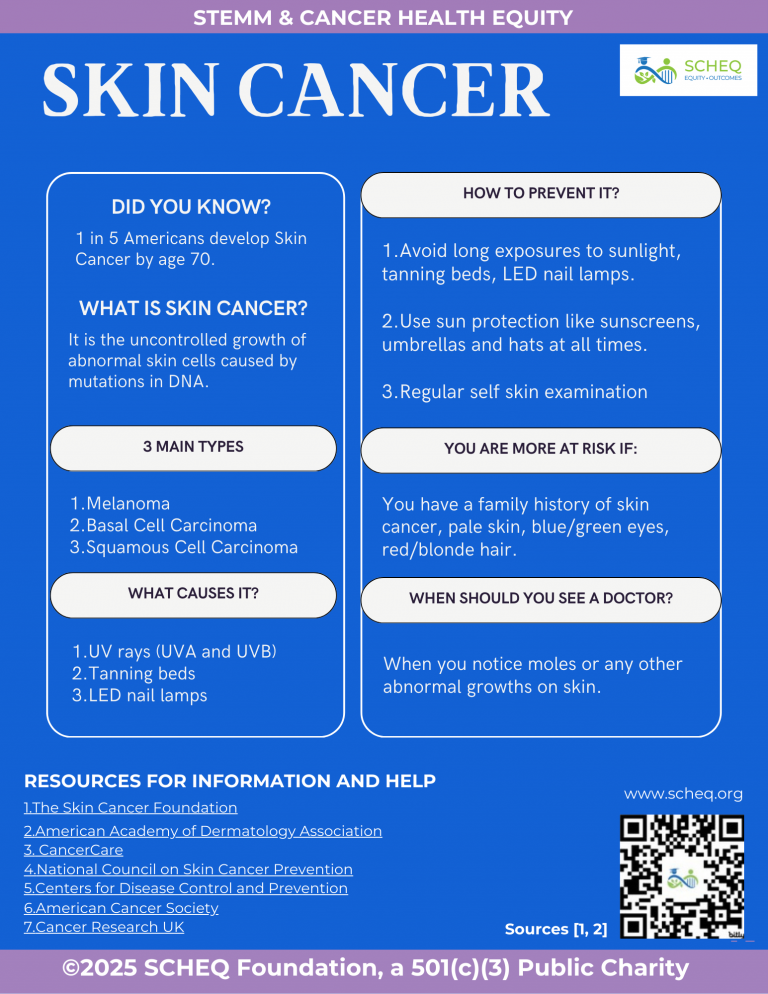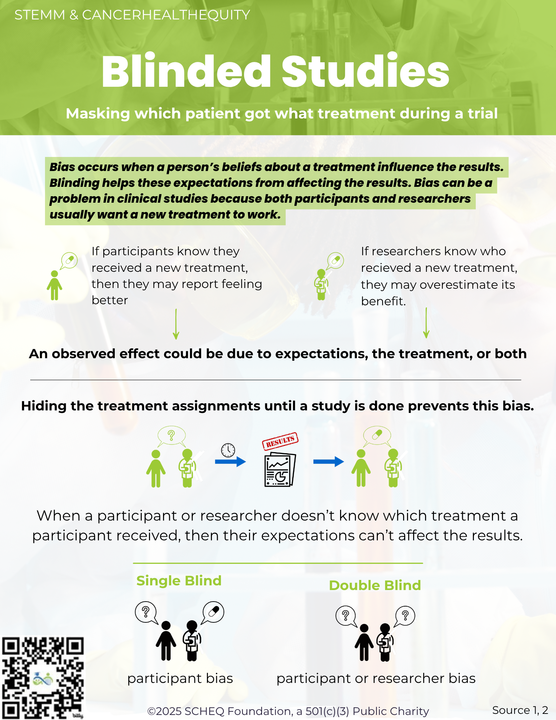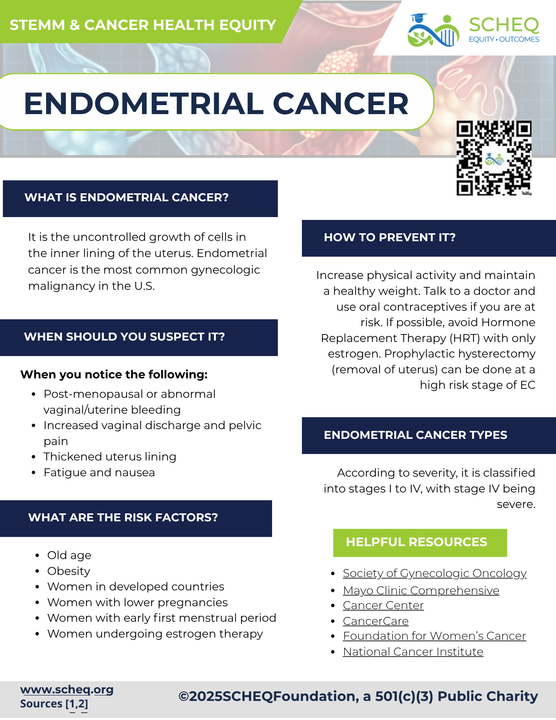Dr. Patrica Bath (November 1942 – May 30, 2019) was an ophthalmologist, laser scientist, inventor, and humanitarian who is known for inventing a new device and technique for cataract surgery called the Laserphaco Probe. A Native of New York, she was encouraged by her parents at an early age to pursue education. While in high school she received a NSF grant to conduct cancer research at Yeshiva University. She received her BA (1964) in Chemistry from Hunter College and MD (1968) from Howard University. Subsequently, she Interned at Harlem Hospital (1970), completed Ophthalmology residency at New York University (NYU) School of Medicine (1973), and completed fellowship (1974) at Columbia University. She joined the faculty at UCLA and Charles Drew University (CDU) in 1974. Dr. Bath ended up eventually moving to Europe to pursue research and funding as she kept running into glass ceilings.
In between her time at Harlem Hospital and Columbia, she observed that black patients had much higher rates of blindness and visual impairment. This led her to developing community ophthalmology, which was modeled worldwide. She achieved many firsts in her career. She was the first African-American resident in Ophthalmology at NYU, first woman ophthalmologist at Jules Stein Eye Institute at UCLA, first woman to head an ophthalmology residency program at the KING-DREW-UCLA Ophthalmology Residency Program, and first African-American woman with a patent in a medical area.
Her humanitarian work abroad led to her invention of the laserphaco which she patented in 1986. Many of the patients that benefited from this invention had been blind for many years. She travelled all over the world to help disadvantaged populations. In total, she was credited with five patents. Some of her other contributions include being a cofounding member of the Student National Medical Association (SNMA) and the American Institute for the Prevention of Blindness (AiPB). She retired from UCLA in 1993 and continued to advocate for telemedicine, virtual training, and the health equity of at risk communities. Accolades include the American Medical Women’s Association Hall of Fame (2001), Association of Black Women Physicians Lifetime Achievement Award for Ophthalmology contributions (2013), and Hunter College Hall of Fame (2017). She passed at the age of 76 in 2019 and was inducted into the National Inventors Hall of Fame posthumously in 2022.
References:
- https://www.acs.org/education/whatischemistry/african-americans-in-sciences/patricia-bath.html
- https://www.biography.com/scientists/patricia-bath
- https://www.invent.org/inductees/patricia-bath
- https://cfmedicine.nlm.nih.gov/physicians/biography_26.html
- https://thedig.howard.edu/node/10906
- https://thedig.howard.edu/all-stories/patricia-bath-helping-others-see-disparities-eye-care
- https://scienceatl.org/patricia-bath-changing-the-game-for-cataract-surgery/
- https://www.blackpast.org/african-american-history/bath-patricia-1942/




